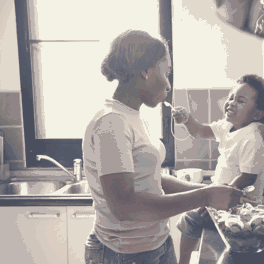In the majority of situations, parents can agree between themselves where the children will live. If there is no dispute, then an application to Court is not required. If you are struggling to reach an agreement, there are certain options that should be considered, such as negotiation, mediation and other forms of dispute resolutions.
if all else fails, or if the circumstance of the case require an urgent decision, an application to Court for a Child Arrangement Order may be necessary.
For initial advice get in touch with our Family and Child Law Solicitors.

Child Arrangement Disputes
When a relationship ends in separation or divorce, there can be a difficult dispute in relation to where the children live and who they spend time with. If you are in this position, then you are likely feeling extremely anxious about what the future might hold.
This can be stressful, especially if your child or children is old enough to be picking up on the tension between yourself and your ex. Just keep reminding yourself, though, that you have legal rights in these situations, so you don’t have to just sit there and let it happen.
If you’re caught in a dispute in terms of where your child or children live, the best option is to get legal advice as early on as possible, so you know what your rights and options are going forward.
Perhaps you are the primary caregiver and you want to exclude the other parent entirely, whether due to the threat of harm to the child, domestic violence or otherwise. Alternatively your ex-partner could be threatening to fight you in Court for an order that the children live with them and you are concerned your children could be taken away, or that you will no longer be allowed to see them. It could be a situation whereby your children currently live with the other parent.









